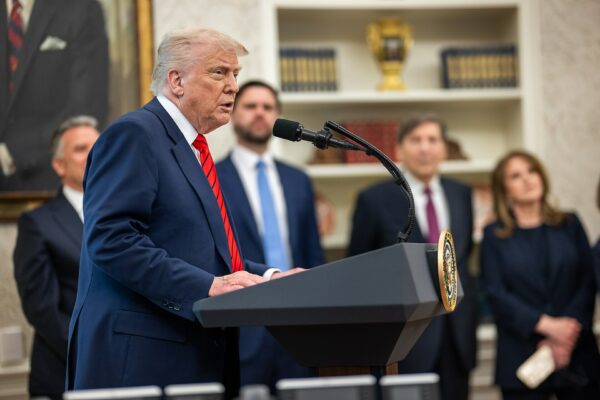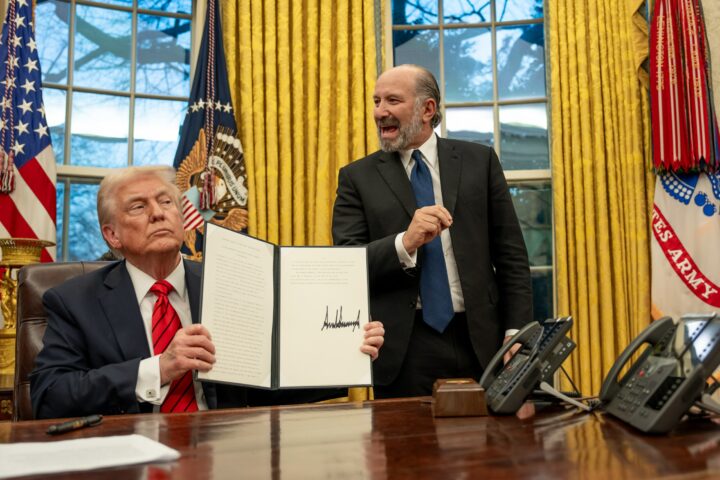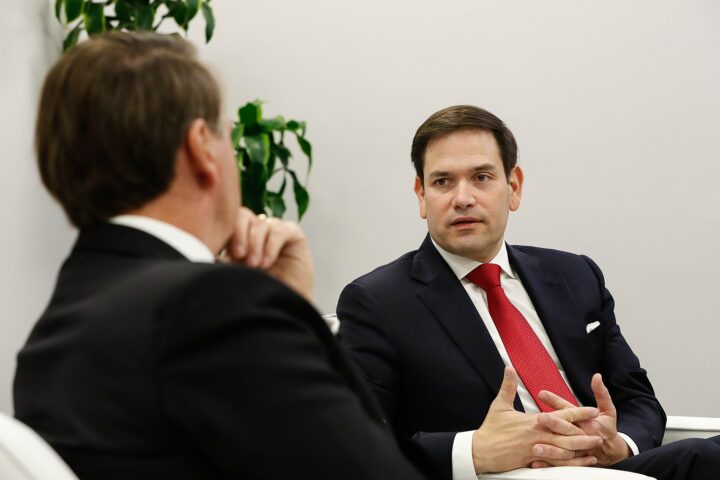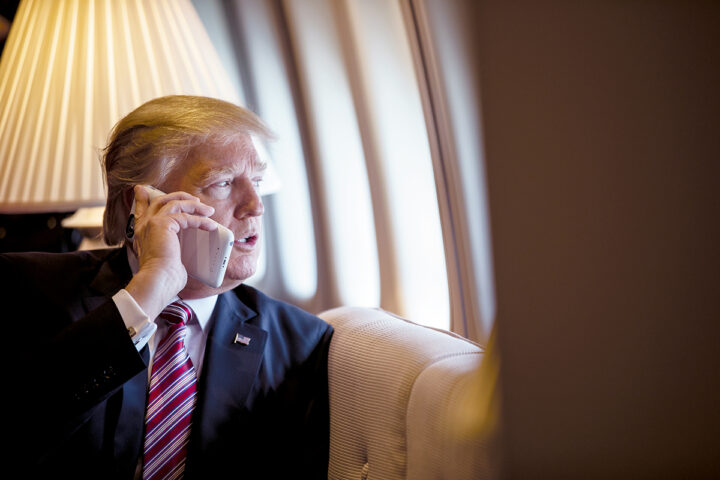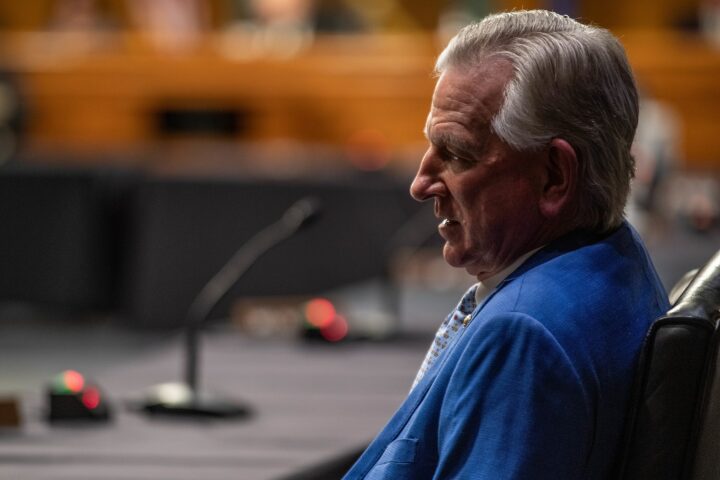In a dramatic turn of events at the White House on Friday, the United States reportedly successfully mediated a landmark peace agreement between Rwanda and the Democratic Republic of the Congo, marking a potential turning point in a decades-long conflict that has devastated the region.
President Donald Trump and Secretary of State Marco Rubio presided over the signing ceremony, formalizing a commitment by both nations to halt cross-border military involvement and dismantle the rebel M23 militia operating in eastern Congo.
The accord, signed by Foreign Ministers Olivier Nduhungirehe of Rwanda and Thérèse Kayikwamba Wagner of the DRC, mandates a phased withdrawal of Rwandan forces from Congolese territory within 90 days and initiates a framework for regional economic integration.
“This agreement offers a new chapter of hope and opportunity,” Secretary Rubio declared as the ministers inked the document.
Analysts caution, however, that such peace deals have floundered before. With an estimated 7,000 Rwandan troops alongside M23 rebels and more than a hundred armed groups in eastern Congo, enforcement will be an immense challenge.
The Congolese government had initially pressed for an immediate pullout, but agreed to the phased plan, highlighting the fragile nature of the compromise.
Critics of the agreement underscore deep-seated skepticism. Rwanda denies direct involvement with M23 and portrays its presence as a defensive move against genocidal remnants.
Meanwhile, civil society in Congo voices concern that the pact may primarily serve resource-rich interests, as U.S. investment promises—including avenues to secure critical mineral rights—are being woven into the pact’s economic framework.
The mineral-rich region—home to cobalt, lithium, tantalum, and other commodities vital to the global tech supply chain—adds strategic heft to the agreement.
The Trump administration views the accord as part of a broader economic-geopolitical calculus, aimed at securing access to rare earth and battery metals while extending diplomatic influence in central Africa.
The accord also dovetails with ongoing Doha talks between the DRC government and M23 rebels, though the militant group has not yet publicly embraced the White House deal.
Observers warn that without buy-in from rebel forces and robust enforcement mechanisms, any cease-fire may falter.
Still, the ceremony brought cautious optimism. President Kagame of Rwanda described it as “a turning point,” while Ms. Wagner pleaded for sustained U.S. involvement: “The people are watching. We cannot fail them.”
As primary negotiators and African elites look on, all eyes will now turn to the implementation phase. Can the region move beyond fragile diplomacy to tangible peace?
The success or failure of this accord may reshape Central Africa’s security landscape—and Washington’s emerging role on the continent.
[READ MORE: Hegseth Renames Navy Ship Formerly Dedicated to LGBT Activist]

